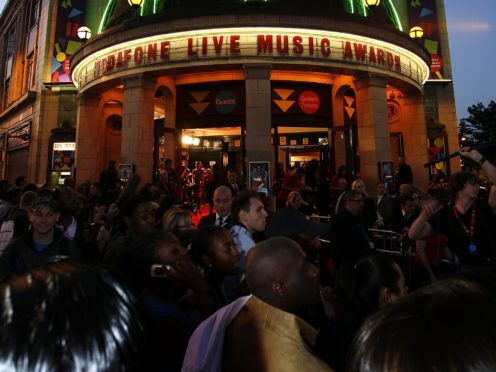A parliamentary select committee has been urged to consider a “ticket tax” and give live venues cultural parity with museums to protect British music.
The tax would see gig-goers pay an extra percentage on their ticket, which would add to a collective fund that could be redistributed to venues in need.
Politicians have been called on to protect the “eco-system” which produces top British talent such as Ed Sheeran and Adele.
The Digital, Culture, Media and Sport (DCMS) select committee was also asked to consider slashing business rates for live music venues to stop their decline, and give the same concessions granted to culturally important museums and art galleries.
Members of the music industry told the committee that the UK music industry could not be sustained without the nation’s live venues, and that the “conveyor belt” of British talent would stop.
A tax has been proposed in order to redistribute the wealth of the UK music industry, and spread the risk that venues take in giving a voice to up-and-coming performers.
Mark Davyd, chief executive of the Venue Trust, told the committee: “What we have to do here, is to start sharing the risk, sharing the risk that these venues are taking.
“Sharing the risk across an industry that is worth £4.4 billion. We need to find a way, and fast track this so we can stop losing venues.”
He added the only way to save the industry and to implement radical ideas was to give venues the same concessions as other culturally important institutions.
Davyd said: “It all hinges on one thing. That one thing is cultural parity, cultural parity in legislation.
“So we aren’t asking music venues, which are culturally vital zones – we’re not asking them to do something art galleries wouldn’t do, or museums.
“We give them that cultural parity and that could influence all the legislation around that.
“I would extend that to music rates, which are crippling music venues at the moment, 38% is the average rise. It’s completely unsustainable. How are they going to pay that?
“We’ve seen a failure to say ‘these are culturally important’.”
Owner of the 100 Club in London, Jeff Horton, backed a move to cut business rates for music venues.
Museums can have up to a 100% concession in the locally-set rates.
The venue-owner said: “I think it’s a serious problem for businesses like mine. Business rates are, for me, top of the agenda.”
